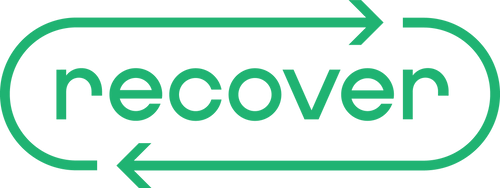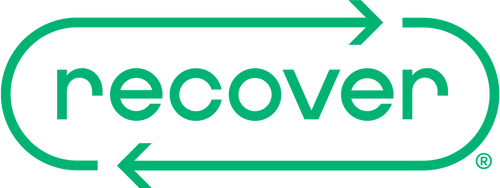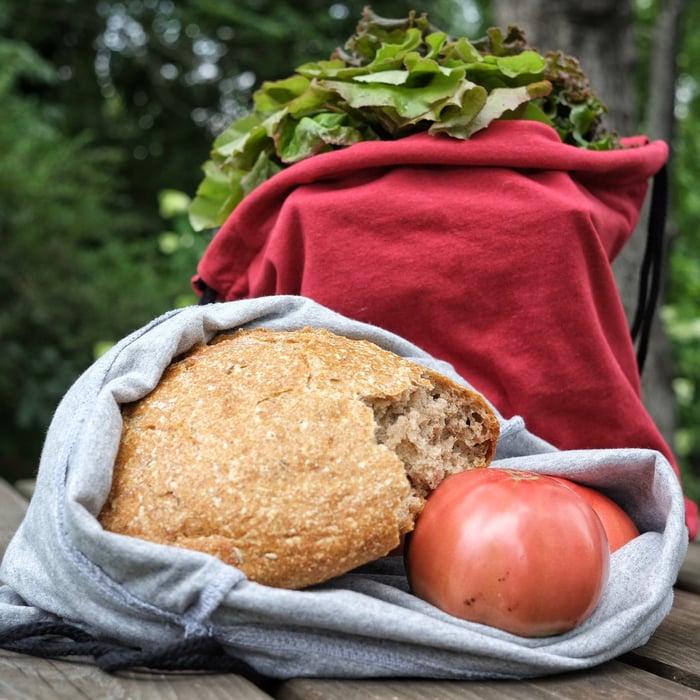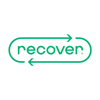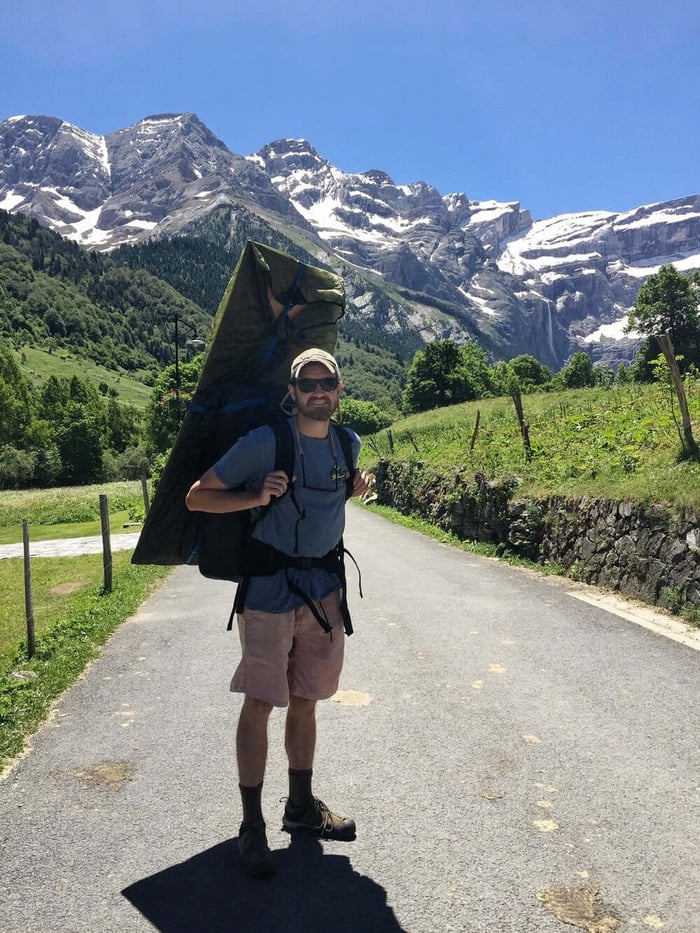Plastic Free July began in 2017, and since, it has grown to a movement of millions of people worldwide. It’s simple: all over the globe, individuals get together and challenge themselves to eliminate consumption of single-use plastics for the month of July. If you’re just hearing about Plastic Free July now, it’s not too late to join the 120 million people in 177 countries.
Ultimately, it’s all about picking up tips, creating awareness, and making positive impact. Plastic Free July provides quick ideas and resources for you, work, school, communities, businesses, and local governments to get rid of single-use plastics in the day to day. All you have to do is commit to one month.
To Recover, Plastic Free July lines up with what we’re trying to do as a company every day: create positive impact in the face of the global epidemic of plastic pollution. Our mission is to create the best, most environmentally friendly and socially responsible products possible, and to educate and inspire those around us to live and work for a sustainable tomorrow. We make 100% recycled apparel and accessories out of recycled plastic bottles and upcycled cotton. While our ultimate drive is to educate, innovate, and inspire towards drastic reduction in single-use plastics consumed, right now- there is a lot out of plastic waste out there, and upcycling plastic bottles into Recover apparel and accessories keeps them out of our rivers, oceans, landfills, parks, and back yards.

Plastic Free July is about addressing our individual actions that can easily have a positive or negative impact on human and environmental health. Here’s a quick rundown for some perspective:
- 18 billion pounds of waste flows into the ocean every year from coastal regions.
- In 2015, the Americans bought 111 billion beverages in single use plastic bottles.
- Shoppers in the United States use more than one plastic bag per day, while shoppers in Denmark use about four per year.
- In total, Americans use 100 billion single-use plastic bags a year, which require 12 million barrels of oil to manufacture.
- Discarded single-use plastics breaks down into microplastics, which gets into food and water systems, where it is ingested by animals (including humans) and creates health issues.
- Individuals, businesses, schools, and governments are taking action to create positive change. In the country of Rwanda, plastic bags are illegal. The state of Vermont has adopted a plan to eliminate single-use plastics by summer of 2020. Individuals everywhere are committed to a plastic free July.
Plastic Free July means having a goal and taking it one day at a time. Perhaps most importantly, this month changes our mindsets from “I’ll do it tomorrow” to “I’ll make the effort today”.
Check out Recover’s Sustainability Tips and Readers for more quick and easy ways you can engage in Plastic Free July and reduce plastic pollution.
